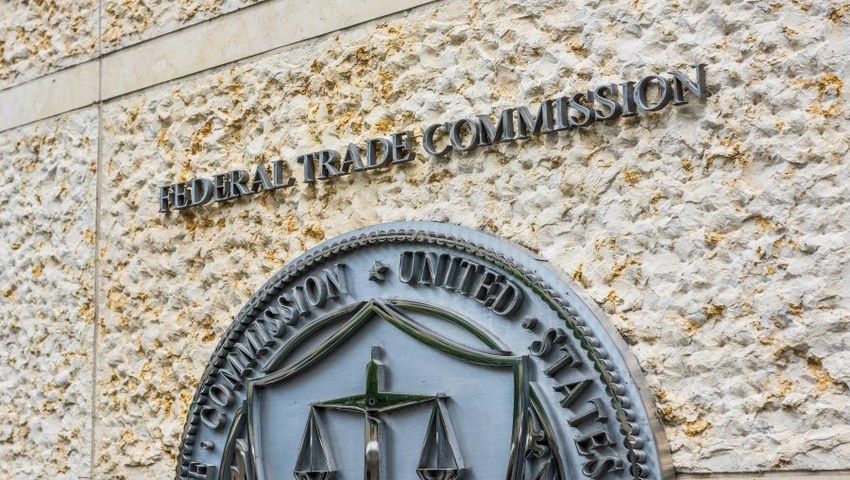In addition to the alcohol cravings claim, the company allegedly posted bogus reviews.

Marketers of an herbal product who claimed it would lessen alcohol cravings have agreed to pay a $650,000 fine in a case brought by the Federal Trade Commission.
FTC announced the settlement recently in a press release.
FTC alleged the defendants Rejuvica LLC and corporate officers Kyle Armstrong and Kyle Dilger made numerous unsubstantiated claims for the product.
Rejuvica, based in Gilbert, Ariz., sells a variety of water-extracted liquid herbal products, which the company says it manufactures itself.
Products based on proprietary blends
The products, which are sold on a condition-specific basis, feature blends of standard vitamins. Each also contains a proprietary blend of herbs, which is different for each product.
However, regardless of the blend of herbs used or the condition the product is labeled for, all the proprietary blends for each product are labeled at precisely 1.23 milliliters, or ¼ teaspoon. That is also the recommended dosage of the products, which are dispensed via droppers.
The company also sells a line of single-ingredient products, including turmeric, vitamin B12 and melatonin. In addition, the firm offers a line of topical products.
Claims to treat alcohol cravings
The product that was the subject of the FTC action—branded as Sobrenix—included vitamins along with extracts of kudzu root, milk thistle seed, angelica root and other herbs. Presumably these were labeled as a proprietary blend like the company’s other products, but this couldn’t be verified because the product is no longer for sale.
The FTC complaint alleged the company was making unsubstantiated claims for the product, such as: “Sobrenix is designed to reduce alcohol cravings and help you detoxify your body so you can successfully manage alcohol consumption. Even better, taken before drinking, Sobrenix’s ingredients help you stop before you’ve had too much.”
Paid endorsers allegedly passed off as independent
The FTC action alleged the company misused online reviews by referring to positive reviews as though they were independent opinions when in fact these reviews appeared on websites created by the company.
An example was included in the press release, showing a satisfied consumer with the message: “After a week and a half or so, I no longer have the 4 pm cravings and the car doesn’t automatically drive to the liquor store after work anymore.”
Company enjoined on claims, endorsements
The complaint also alleges Rejuvica paid for appearances of two individuals posing as independent health experts on local TV programs, Bryce Wylde, a Canadian alternative health “expert,” and Jonny Bowden, a board-certified nutritionist. The two talked about the product’s alleged benefits, and that content was then referred to elsewhere as independent news reporting on the value of the product.
The proposed order bars Rejuvica and Armstrong and Dilger from making unsubstantiated claims in the future. The company and its principals must also disclose in the future when an endorsement has been paid for and must not misrepresent the identity of people who have been paid to represent the company.
The full amount of the judgement is $3.24 million, which will come due if the $650,000 fine to refund consumers has not been paid in full.
Company statement
Last week, the company posted a response to the settlement on its website. The statement read in part: “We disagree with the FTC’s allegations and deny violating the law, but this settlement resolves this matter. We maintain our commitment to ensuring the highest quality, safety and integrity in all our products and health information.
“Throughout this process, Rejuvica cooperated fully with the FTC, providing documents and clarifications to aid the investigation. We believe that this agreement is in the best interest of our customers as it allows us greater room to serve customers and develop more top-quality products in natural health.”
About the Author(s)
You May Also Like






.png?width=800&auto=webp&quality=80&disable=upscale)